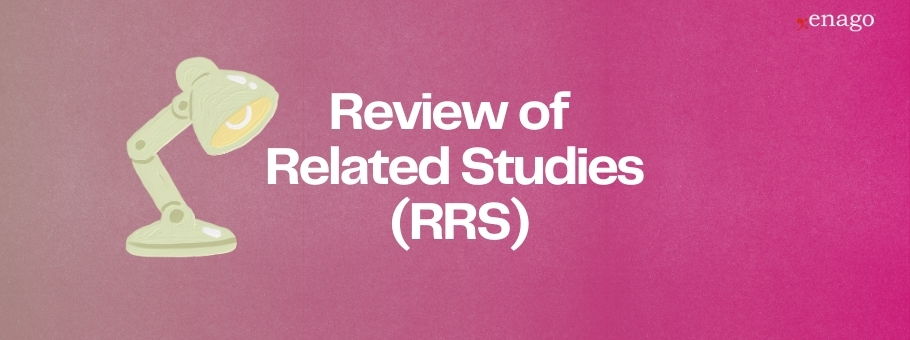Should Journals Begin Rewarding Peer Reviewers?

Academic research goes through a number of stages before a successful publication. One critical stage in publishing that validates your research is the peer review process. During this process, peer reviewers check your manuscript for robustness of the study methods and provide you with constructive feedback that can help improve the quality of your paper.
Who is a Peer Reviewer?
Peer reviewers (or “referees”) are experts in specific disciplines. They are impartial referees who can provide you with valuable information about your study, how it was conceived, how it was conducted, and how its results were interpreted. A pool of peer reviewers in a specific discipline comprises other research scientists, academicians, and postgraduate fellows. In other words, peer reviewers are your own colleagues. In most cases, they are volunteers.
Who Chooses a Peer Reviewer?
Reviewers are chosen from a pool of scholars within the same discipline. Journal editors invite those who they believe to be qualified to perform a review on a specific research topic. In many cases, journals will also ask the authors to suggest several peer reviewers that the editors can then contact.
At the same time, authors can provide information to the journal editor(s) about those who they believe should not be considered for various reasons. Reviewers should be unbiased and not privy to the author(s) of the paper on which they are commenting. Most reviewers are also authors and understand the publishing process. This also works to your advantage.
Main Concerns
A couple of issues arise when discussing the work of peer reviewers. First, peer reviewers are professionals within the scientific community who do not get paid for this work. That is, they are colleagues from universities and private industries who get paid for their “regular” jobs but not for agreeing to be part of the peer review process. Second, when one is conducting a peer review, he/she is not focusing on their main job, whether teaching or conducting research. This may take away from their students and might delay publishing of their own research. If the reviewer happens to be retired, this would not be an issue if he/she continues to participate.
So why do they do it? Many participate in peer review because they actually see it as part of their jobs as a scientist. Others might need to participate as part of a grant agreement. In most cases, participating is good for their careers, provides them with name recognition, and validates their expertise.
This brings us to the main topic of the article: Should we pay reviewers?
Pay or No Pay?
Elsevier, one of the largest publishing companies in the world, has a great deal of respect for peer reviewers. Elsevier believes that reviewers are very important to the scholarly publishing industry because they validate research and promote networking with colleagues. Publishing companies like Elsevier depend on peer reviewers to help provide quality manuscripts that are fit to publish.
An article published in 2016, presented the benefits of having an article peer reviewed but also mentioned that many reviewers willingly volunteer for the job. The process requires that they take time away from their regular job or activities to review the work of others. They see this as “giving back” to the community in a manner that helps them succeed. Success in publishing the latest research fulfills one of the main goals of science—to inform the public.
Some consider paying reviewers as a conflict of interest. However, reviewers receive non-monetary “payment,” such as listing themselves as reviewers for a highly respected journal on their resume or grant proposal. These are considered “values” that come with the job.
Reviewers Can’t Live on “Values”
Reviewers receive intrinsic values from the work in the form of prestige and recognition. This is fine as long as the reviewer has no bills to pay, right? None of us can live on “values” alone. Since reviewers usually have other paid positions, why not pay them for peer review also.
The publishing industry is beginning to suffer by expecting excellent service from reviewers without compensating them for that service. Journal editors now understand that as workloads for academics increase, their availability and willingness to review a manuscript decreases.
In addition, if reviewers feel that they are not valued enough to be compensated, they might not feel that their personal satisfaction is worth the time spent on reviews. Journal editors are only just starting to come to terms with the reality that the pool of highly qualified reviewers is beginning to dwindle.
The Bottom Line
Although some believe that becoming a reviewer is part of the job of a scholar, many scholars disagree. As pointed out in an August 2017 article in “OPINIOMICS,” nowhere in an academic’s job description does it list “peer review” as part of the job, the yearly goals, or the conditions of employment.
New academics and post-docs might not believe that volunteering their time for peer reviewing a document has any effect on their career. Others who are more seasoned might also believe that their workload demands far outweigh the need to peer review a manuscript. That activity falls low on their “to-do” list simply because of time constraints and the fact that they are already valued as experts in their fields.
Compensating reviewers would send a message to young scholars that they are well respected and valued. It would also help seasoned scientists reprioritize their activities and move peer review closer to the top of their list. As far as the journal expenses are involved, most journals charge for published pieces; therefore, payment for peer reviews would not cause a huge budget crisis for them.










